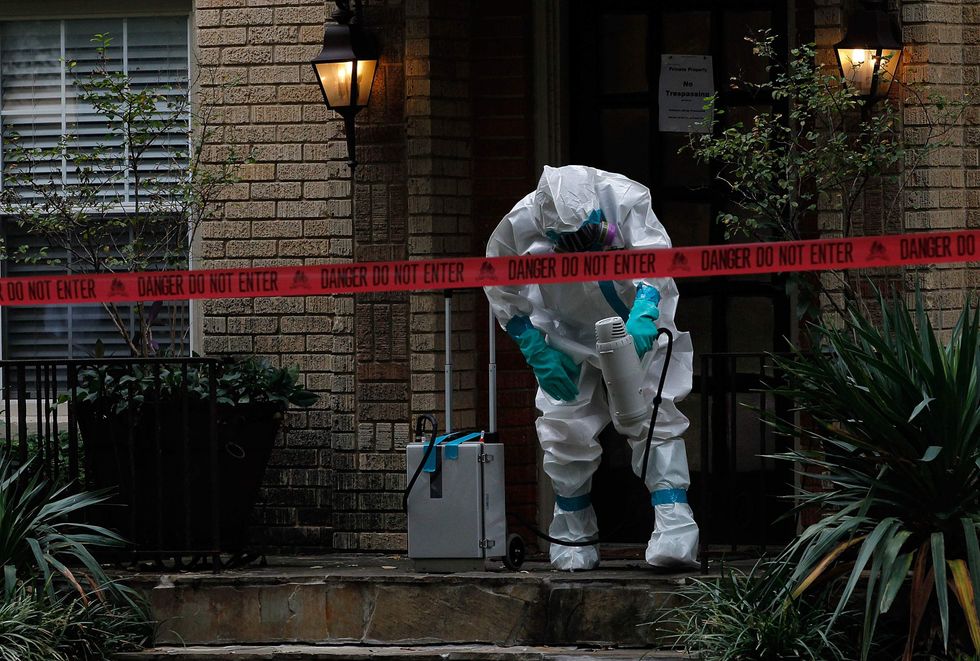For the last three years, the government hasn’t been able to fund research that alters deadly viruses to make them more lethal or transmissible.
That changed Tuesday, as federal officials lifted a moratorium on funding of such research that was imposed in 2014, according to the New York Times.
What does this mean?
Twenty-one projects were halted when the moratorium went into effect. Out of those, 10 of them received exceptions to continue: five related to flu viruses, and five related to Middle East respiratory syndrome (MERS).
Scientists can now perform research on contagious viruses such as bird flu, SARS, or MERS, altering them to make them more dangerous (known as “gain of function” research) and learning about them to potentially create better vaccines.
There are some conditions:
- A scientific panel must determine that the benefits justify the risks
- Research must be done in a high-security lab
- The pathogen modified must pose a serious health threat
- The research must produce knowledge that would benefit humans
- There must be no safer way to do the research
Is this a good idea?
Depends on who you ask. Harvard epidemiologist Marc Lipsitch doesn’t think so.
Lipsitch said gain of function research has “given us some modest scientific knowledge and done almost nothing to improve our preparedness for pandemics, and yet risked creating an accidental pandemic.”
Proponents of the research say altering these viruses gives insight into how they could mutate to more easily infect humans, which could show scientists how to make more effective vaccines.







